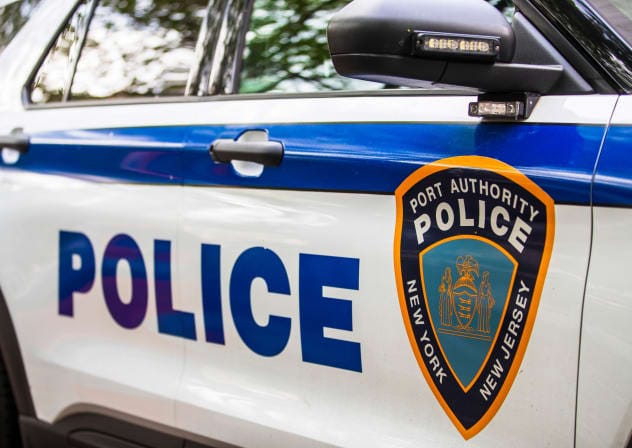Major Jewish groups pull out of NYC mayor's interfaith breakfast
The ADL, UJA, and the New York Board of Rabbis have previously sponsored the NYC mayor’s interfaith breakfast, but have confirmed they will not participate in Mamdani's.

The ADL, UJA, and the New York Board of Rabbis have previously sponsored the NYC mayor’s interfaith breakfast, but have confirmed they will not participate in Mamdani's.




The federal government has not provided a definitive explanation of the conditions that will apply to funding for security for houses of worship.
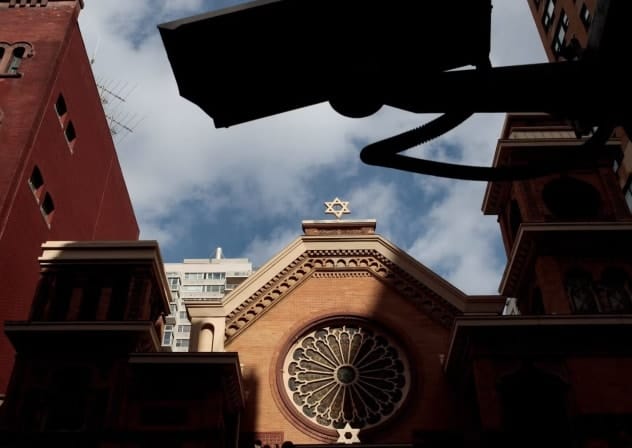
The dissolution of Canada's Office of the Special Envoy on Preserving Holocaust Remembrance and Combating Antisemitism has raised concerns among local Jewish groups.
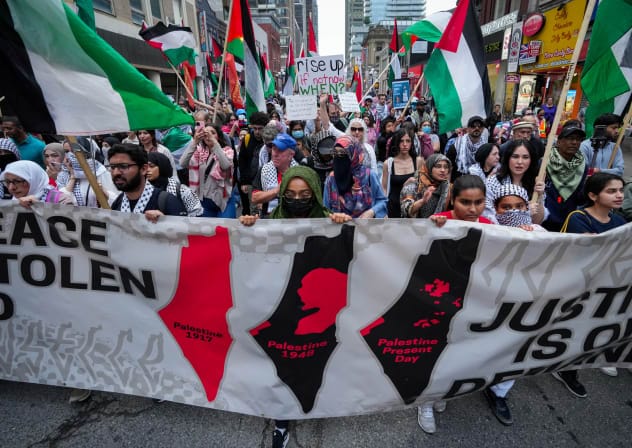
The commercial ends with an alarming statistic: “Two in three Jewish teens have experienced antisemitism,” and encourages viewers to “Share the blue square and show you care.”

The panel said the posts were “overtly political” and presented a one-sided view of the Israel-Hamas War during a period of heightened public controversy after the events of the October 7 massacre.
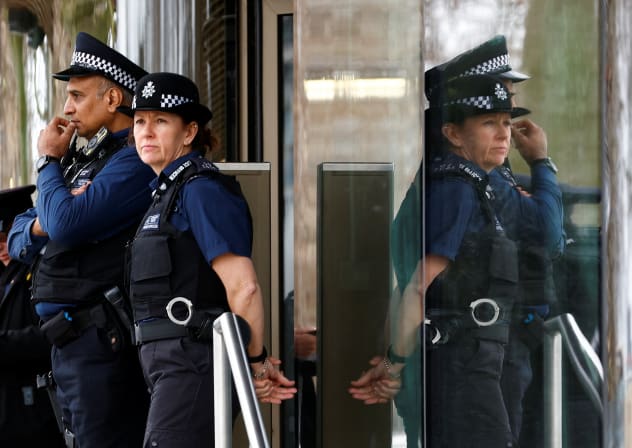
A CyberWell report found antisemitic narratives surged in 2025, with platforms struggling to keep pace despite higher content removal rates.
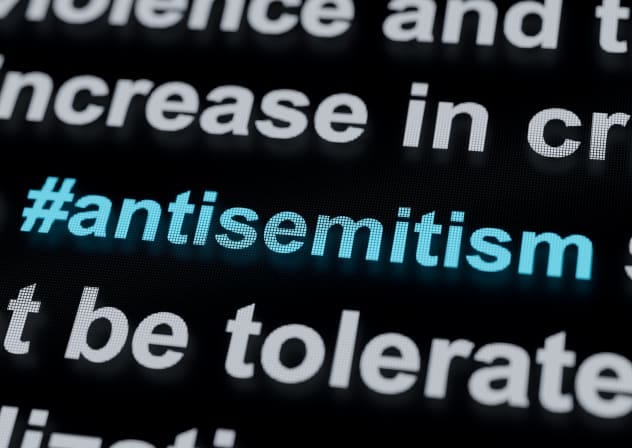
"Antisemitism cannot be addressed with slick videos or empty remarks," Rabbi Moshe Davis told The Jerusalem Post, expressing concern over Mamdani's choice.
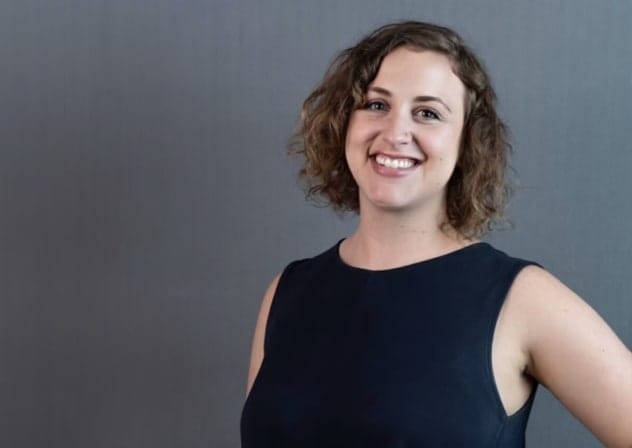
A 19-year-old Australian was charged over alleged online death threats against President Isaac Herzog ahead of the Israeli leader’s upcoming visit to Australia.

Elias Rodriguez killed Yaron Lischinsky, 30, and Sarah Lynn Milgrim, 26, who both worked for Israel's Embassy in Washington, in May 2025.

The IDF veteran served as a combat engineer during the Israel-Hamas War and is due to speak at Boston University on Wednesday.
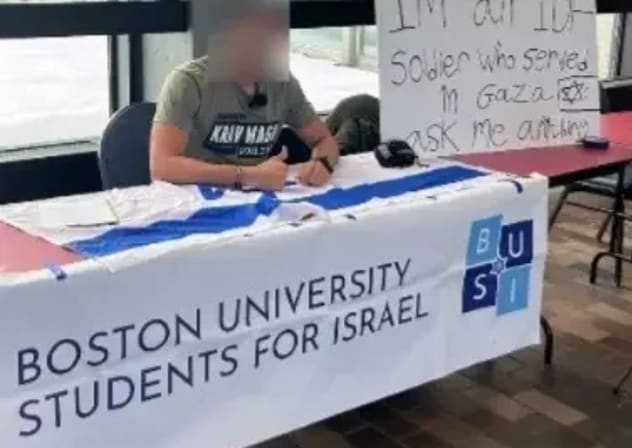
Officer Christopher Wagner, who has been with the Livingston Police Department since 2005, claims that he was punished after reporting other officers for making antisemitic remarks.
